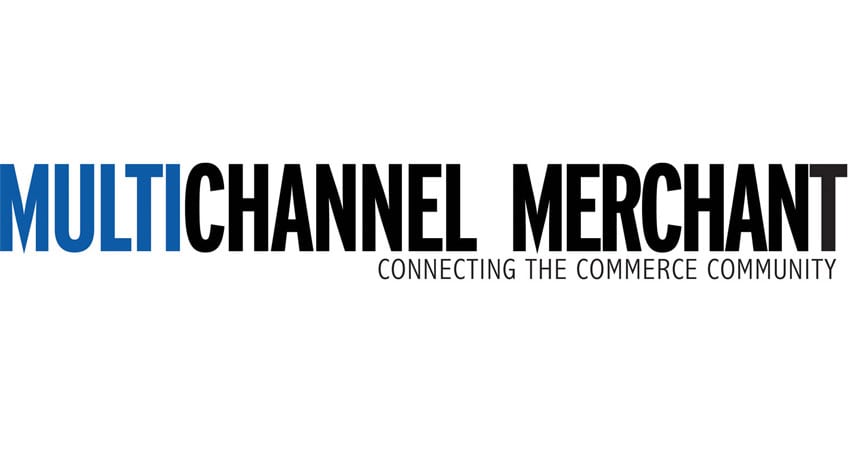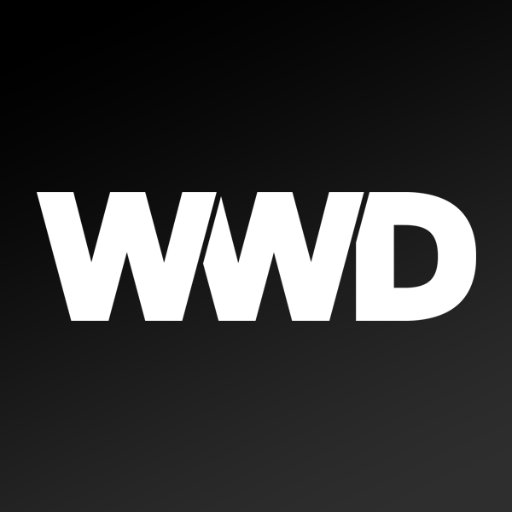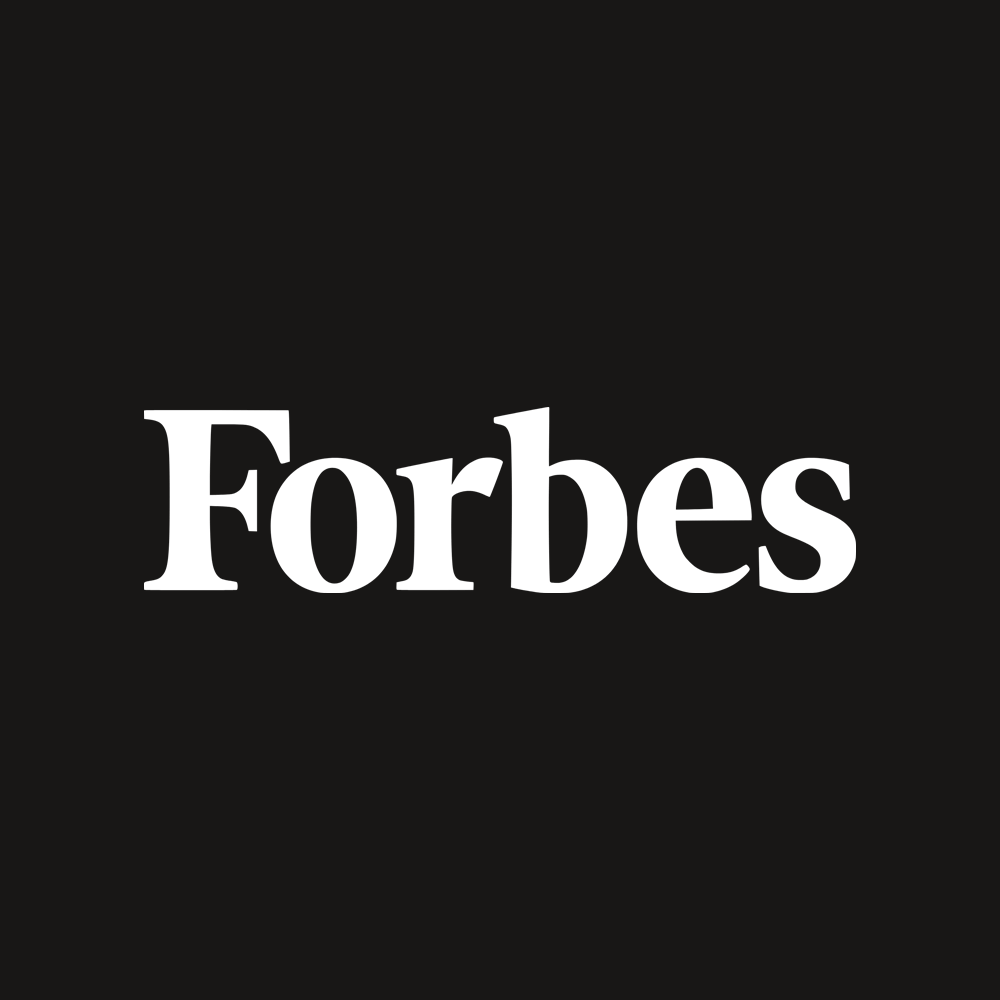All it takes is a walk down any street in a major metropolitan area to see how many consumer-facing businesses are responding to the coronavirus crisis, which is unfolding, and worsening, by the day. With governors in at least 19 states having slapped restrictions on bars and restaurants, many are now closed.
Chains from McDonald’s to Shake Shack have roped off their seating areas. Much of the retail sector, meanwhile, is a ghost town. Companies from Nike to J.Crew, Nordstrom to Sephora, have all shut down their stores. Patagonia made news last week by closing down not only its retail outlets, but all of its operations, period.
These are short-term responses to a crisis and, experts agree, they are wise and necessary ones. They will also cost a great deal of money, not just because of lost foot traffic, but also because of the outward rush of money from corporate coffers as many brands continue to make payroll for workers who are not presently working. (“All of our hourly workers will continue to receive pay in alignment with business as usual operations,” Apple CEO Tim Cook promised on Friday.)
Yet even as companies improvise responses and gird themselves for severe, short-term losses, an unsettling fact remains. Even optimistic health officials believe current lockdown conditions are likely to remain with us for two months. President Trump has mentioned restrictions lasting until July or August. And officials in the U.K. have even warned that the epidemic could drag on into the spring of 2021.
Nobody knows how long this restrictive period will last, but the mere uncertainty of the pandemic’s duration calls into question just how well companies are equipped to manage a long-term disruption to their business. Taking it on the chin for the next quarter is one thing, but business may well be severely disrupted into the quarter after that—or longer.
“From an operational standpoint, most organizations right now are dealing with the immediate term, with how do we get people up and running and feeling connected culturally and having access to what they need,” said CBX chief engagement officer Satoru Wakeshima. “For the longer term, you have to question: How prepared are companies?”
That’s hard to know exactly, since most of them are either not talking or sticking with general statements about the immediate steps they’re taking such as implementing work-from-home procedures and shifting as much business as possible to online and delivery models. A Coca-Cola spokesperson told Adweek that “we are all taking it day by day as we receive updates from health officials and the government.” A spokesperson for Walgreens said that “the situation remains very fluid” and that the company is “working around the clock to monitor the situation.”
While that situation develops, however, analysts and economic experts say changes in the long-term business picture will be just as critical as the immediate challenges brands are facing right now. If there is good news, though, it’s that much of the distant-horizon planning can be done while simultaneously addressing some of today’s issues.
Read the full article in ADWEEK.





